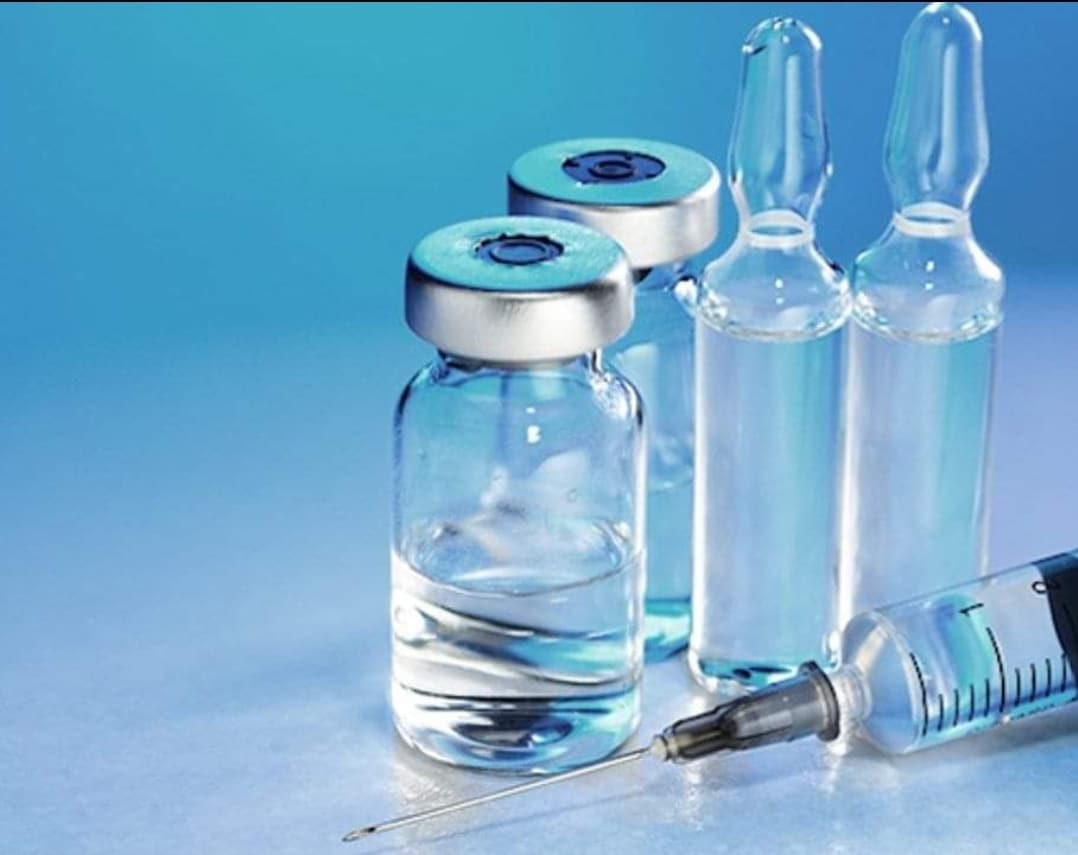USP Immunogenicity Assessment Testing
The USP Immunogenicity Assessment Testing is a critical component in ensuring pharmaceutical safety and efficacy. This testing evaluates whether an injectable or parenteral product can provoke an immune response that may be harmful to the recipient. Understanding this aspect of drug development is vital, especially for biologics, vaccines, and other complex therapeutic products.
Immunogenicity refers to a substance's ability to induce an immune response, which could potentially lead to adverse reactions in patients. The USP (United States Pharmacopeia) guidelines provide standardized methods to assess the immunogenic potential of pharmaceuticals. This testing is particularly important for ensuring that new products are safe and do not cause harmful side effects.
The process involves several steps, including selecting appropriate test subjects, preparing the test sample, administering the product, monitoring immune responses, and analyzing the results. Compliance with USP standards ensures that pharmaceuticals meet stringent quality requirements, thereby safeguarding patient health.
For injectable and parenteral products, immunogenicity testing is crucial because these drugs are directly introduced into the bloodstream or tissues, increasing their potential to interact with the body's immune system. The complexity of such products necessitates thorough evaluation to prevent adverse reactions that could compromise treatment efficacy or patient safety.
The USP guidelines provide a framework for conducting these tests, ensuring consistency and reliability across different laboratories. These standards are essential in maintaining high-quality pharmaceuticals, which is critical given the diverse range of therapeutic applications from cancer treatments to vaccines.
Compliance with international standards like ISO, ASTM, EN, and IEC is crucial in the pharmaceutical industry. Adhering to these guidelines ensures that products meet the highest quality benchmarks, enhancing patient trust and regulatory compliance. In this context, USP immunogenicity testing plays a pivotal role in ensuring that injectable and parenteral products are safe for use.
The testing process typically involves several steps:
- Preparation of test samples
- Administration to selected subjects
- Monitoring immune responses
- Data analysis and reporting
The importance of USP immunogenicity testing cannot be overstated, particularly in the context of injectable and parenteral products. By identifying potential immunogenic issues early in the development process, pharmaceutical companies can address them before they become a safety concern for patients.
In summary, USP immunogenicity assessment is a vital aspect of ensuring that injectable and parenteral products are safe and effective. Compliance with these standards not only enhances patient safety but also ensures regulatory compliance, thereby protecting the integrity of pharmaceuticals in the market.
Why Choose This Test
Selecting the right testing method is crucial for ensuring that injectable and parenteral products meet stringent quality standards. The USP immunogenicity assessment test offers several advantages over other methods:
- Comprehensive Evaluation: This test provides a comprehensive evaluation of potential immune responses, offering insights into the safety profile of pharmaceuticals.
- Regulatory Compliance: Adherence to USP guidelines ensures that products meet regulatory standards, enhancing compliance and reducing risks associated with non-compliance.
- Patient Safety: By identifying potential immunogenic issues early in the development process, this test helps ensure patient safety and reduces the risk of adverse reactions.
- Data Accuracy: The use of advanced analytical techniques ensures accurate and reliable results, providing valuable data for decision-making.
The USP immunogenicity assessment is particularly beneficial because it addresses critical aspects of drug development that are often overlooked. By focusing on safety and efficacy, this test helps pharmaceutical companies produce high-quality products that can be trusted by healthcare providers and patients alike.
Environmental and Sustainability Contributions
In the realm of pharmaceutical testing, environmental and sustainability considerations are increasingly important. The USP immunogenicity assessment test plays a role in promoting sustainable practices within the laboratory setting:
- Resource Efficiency: By optimizing sample preparation and analysis processes, laboratories can reduce waste and minimize resource consumption.
- Hazardous Waste Management: The use of advanced analytical techniques helps in minimizing hazardous waste generated during testing, contributing to a cleaner environment.
- Eco-Friendly Practices: Adhering to strict protocols ensures that laboratories operate efficiently and responsibly, aligning with broader sustainability goals.
The pharmaceutical industry is under scrutiny for its environmental impact. By adopting sustainable practices like those promoted by USP immunogenicity assessment testing, laboratories can contribute positively to environmental conservation efforts.
Use Cases and Application Examples
USP immunogenicity assessment testing finds application in various scenarios within the pharmaceutical industry:
- New Drug Development: Early-stage drug development benefits significantly from this test by identifying potential immunogenic issues early on.
- Vaccine Production: Ensuring that vaccines do not provoke harmful immune responses is crucial for public health. This testing plays a vital role in vaccine production and safety evaluation.
- Cancer Therapies: Biologics used in cancer treatments are particularly susceptible to immunogenic reactions, making this test essential for their development and safety assessment.
In practical terms, USP immunogenicity testing can help pharmaceutical companies identify and mitigate risks associated with potential immune responses. This proactive approach ensures that products are safe and effective, enhancing patient trust and regulatory compliance.





